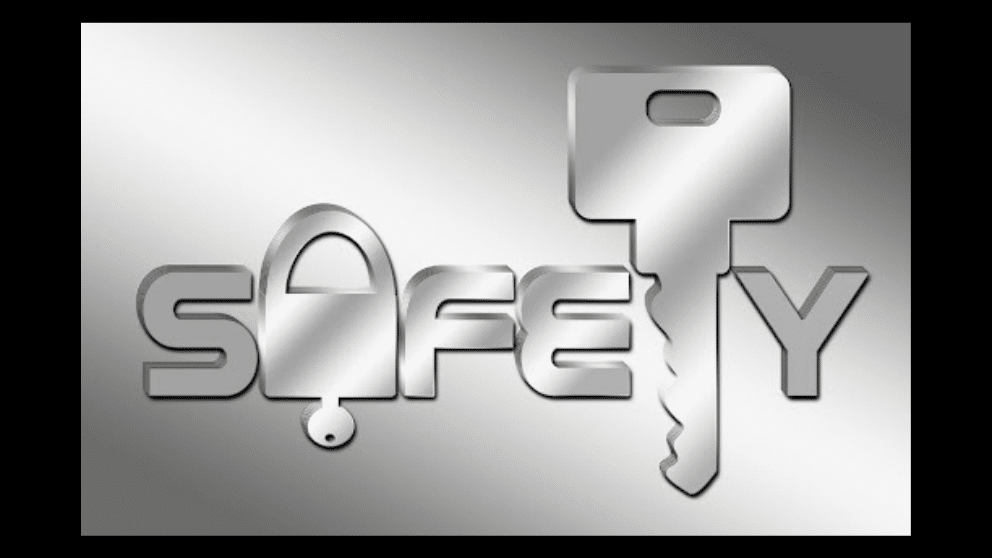Contents
Operating your business online is not like walking in the park, and cybercriminals are everywhere.
As businesses, we have to figure out ways to tackle them at every step.
They can inject malware through MITM attacks, DDoS attacks, or SQL injection. Only our preparation against them can give us a chance.
If you are looking to secure servers from hackers, you must brace up for a few things you would need to integrate into your website to secure it.
Hackers can attack your hosting server, install malware on your dedicated server, or may not do anything like that if they get a hold on to your password.
So, here is how to tackle them:
Get an SSL certificate.
You cannot protect your servers without securing your connection. An SSL or Secured Socket Layer certificate is designed to protect your website’s connection from cyberattacks.
The certificate encrypts all the data transferred between the server and the customer’s web browser on the other end through Public Key Infrastructure.
It passes the data over a secure network where no hacker can see what is getting transferred (let alone manipulating it).
A regular single-domain DV SSL certificate would be enough for informative websites or blogs that do not collect customer data.
The best part about regular certs is that they come with all three levels. If a business has been in existence for more than three years and is looking for the highest validation and customer trust, it must go for an EV SSL certificate.
But what if your website is an eCommerce store where you have to accept sensitive customer information and payments?
Well, in that case, only a wildcard SSL certificate can help you.
A wildcard SSL can single-handedly protect your payments page, login page, and your website’s main pages. In addition, it can protect your primary domain and an unlimited number of subdomains to the first level.
So, where can you find the cheap wildcard ssl? Well, SSL2BUY provides the best-in-class SSL certs, and they are incredibly reliable and credible.
So, buy your SSL cert today and secure your website’s connection.
Change your default password.
As soon as you get a new server, the first thing to do is change its default password. Strict password hygiene is essential to ensure the smooth conduct of business online.
While changing your passwords, use case-sensitive letters, special symbols, numbers and keep it at least 12 characters long.
Don’t use your personal information as your password. Pet’s name, car’s name, partner’s name, or anything that relates to your identity can be traced through your social media accounts.
Scan your data
If you have your dedicated server, you are much safer than many other websites, but that does not mean that you are unbreachable.
To avoid data breaches, it is best to scan your devices and data for bugs and bots. Then, through regular checks, you can quarantine threats and prevent further damage.
Moreover, before you decide to upload your website finally, we recommend that you test it on a remote server to figure out loopholes and vulnerabilities in it.
Avoid uploading your website directly to the main server.
Delete unnecessary plugins and software
Often everything we install does not come into play. Therefore, it is best to keep limited software and plugins used every day on your website.
Scan your website for inactive software and plugins that are just adding weight to your website, slowing it down.
Inactive software and plugins become outdated after a point in time, resulting in loopholes and vulnerabilities.
Hackers can find their way into your website through them. So, it would be best if you remove them.
Rely on VPN
If you want your server to stay protected, you cannot expose server data and information on public networks.
Public networks are open means anybody can intercept what you are sharing. Hackers can easily manipulate data shared on public Wi-Fi, for example.
But VPN or Virtual Private Network allows you to share your data with a limited number of users. Moreover, you can create independent communication channels between various servers and share your information using a private IP address.
Accept and upload files cautiously.
You cannot stop users from uploading their data on your website but, you can scan It before allowing it to get uploaded to your site.
Data can contain malware that can harm your device. The uploader can even be a hacker who is trying to inject malware into your website.
Ask your users to upload essential data only. Be strict about the upload requirements.
Moreover, keep tracking your database for any unnecessary uploads. You don’t want to have like 10 TBs of upload on your site, slowing it down.
Use 2FA & Intrusion prevention software.
2FA or 2-factor authentication is a way to ensure that the user who is trying to log in is legit. In 2FA, after a user types a correct password, a unique PIN is sent to their registered mobile number.
A user can only log in after they have entered the correct PIN.
Moreover, hackers may try brute force attacks in which they try all possible combinations of the passwords based on their research about you.
You never know; after trying like 20 combinations, they may get one bang on target.
So, the best way to prevent that is by using intrusion prevention software, which limits the user’s login attempts.
It blocks their IP address after a few failed attempts saving your website.
To Conclude
Server protection is mandatory in today’s world. But, unfortunately, hackers are always looking for ways to sneak into your system.
The best way to avoid them is by ensuring that your passwords are entirely secure backed with SSL certificate security.
It would be best if you used VPN to communicate with the nearby servers instead of relying on public Wi-Fi.
With all said and done, you must have understood how to secure a server from hackers.
So, follow the seven tips given above and secure your server once and for all.

Blogger, WordPress, JavaScript, software leadership, software development, and related technologies. Love to write blogs and Articles and Passionate About sharing Knowledge.

